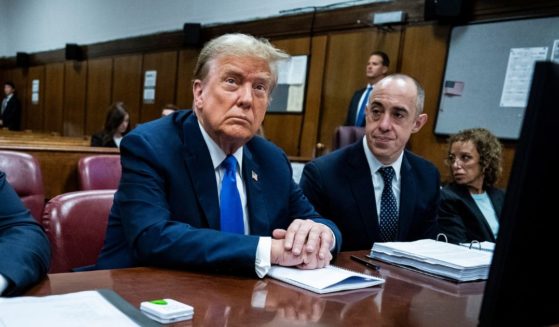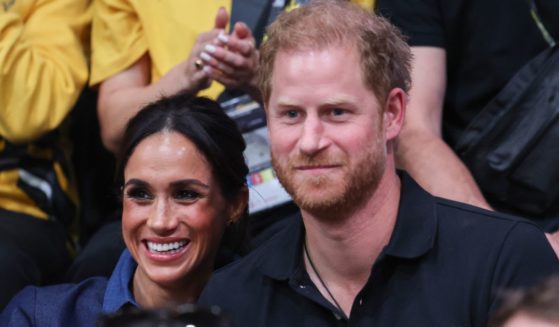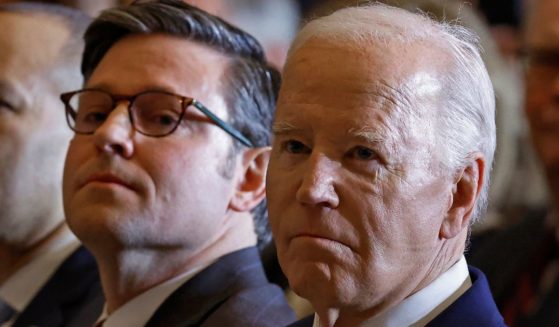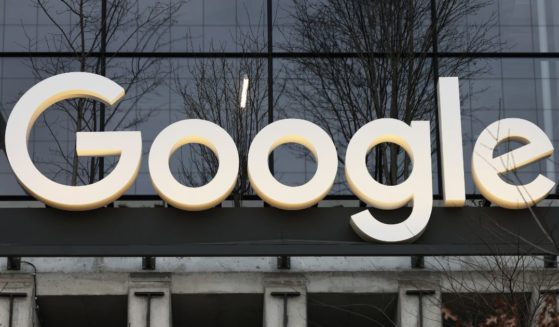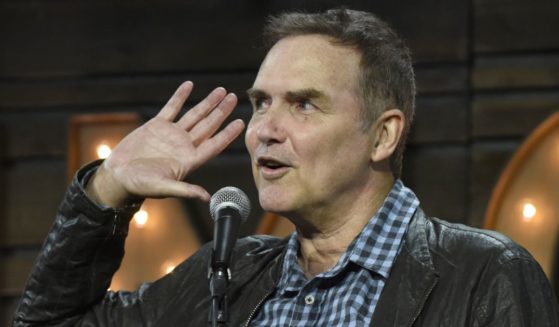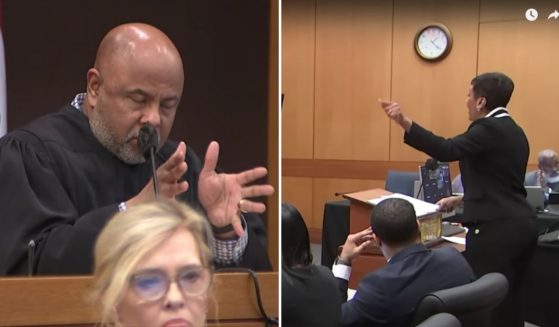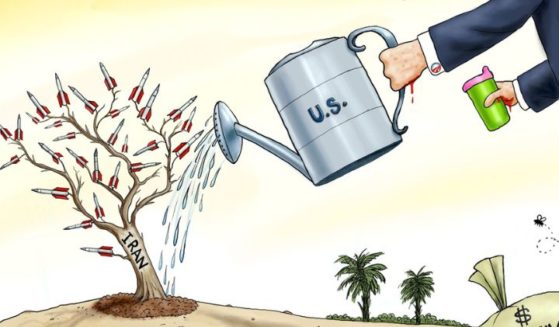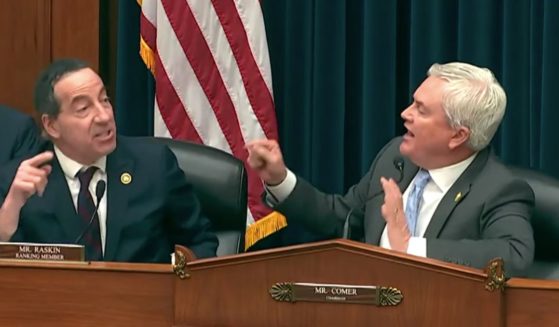Trump's Campaign Is Beating Biden on the Ground by Knocking on Millions of Doors a Week
Do campaigns even knock on doors any more? The answer is yes, even in a pandemic — although that seems to be limited to one campaign.
For instance, President Donald Trump’s campaign knocked on a million doors in the last week alone, it says.
The campaign of presumptive Democratic nominee Joe Biden? Zero.
According to a Politico report Tuesday, the reason is social distancing,
“Biden and the Democratic National Committee aren’t sending volunteers or staffers to talk with voters at home, and don’t anticipate doing anything more than dropping off literature unless the crisis abates,” Alex Thompson wrote.
“The campaign and the Democratic National Committee think they can compensate for the lack of in-person canvassing with phone calls, texts, new forms of digital organizing, and virtual meet-ups with voters,” the article said.
“At first I was nervous, but our response rates on phone calls and texts are much higher and people are not necessarily wanting someone to go up to their door right now,” Biden’s national states director, Jenn Ridder, told Politico.
“You get to throw a lot of the rule book out the window and try out new things.”
This is fantastic copy, but it forgets two important issues.
First, we’re assuming Trump’s response rates on phone calls and texts aren’t much higher, too. After all, this is how we engage with campaigns in the age of virtual campaigns.
Second, Biden’s digital campaign is, to be nice, comparatively weak when compared with the president’s.
In May, the same Alex Thompson profiled Biden’s digital campaign, which he said “is betting that its strategy — which reminds one of Upworthy, the go-to site for feel-good news — has the benefit of being true to Biden and more effective in creating a core of enthusiastic supporters online.”
Upworthy in 2020 is about as relevant as … well, MySpace in 2020. They were best known for feel-good content with headlines like, “This amazing kid got to enjoy 19 awesome years on this Planet. What he left behind is wondtacular.”
This strategy wasn’t working out well for the Democrat.
“Biden’s digital audience — including followers, subscribers and likes — is skimpy,” Thompson wrote. “His now nearly daily livestreams often attract a fraction of the audience of the Trump campaign’s similar video chats, which don’t even feature the president but rather surrogates like Donald Trump Jr. and campaign manager Brad Parscale.”
Trump’s campaign, meanwhile, says old-fashioned foot-leather still works in 2020, even with social distancing.
“From now to Election Day, voters may only see one campaign at their doors,” said Elliott Echols, Republican National Committee national field director.
“If this were Barack Obama running, Democrats would want to be out there knocking doors,” Echols told Politico. “They don’t have enthusiasm or a strong field operation, so it is a convenient excuse. We can do this safely for President Trump and Republicans up and down the ballot.”
And this is key, because in-person contact has long been considered the most effective campaign strategy. Democrats are banking, however, on a brave new world in which this sort of door-knocking is antiquated.
“Politics is the last remaining marketing entity — which essentially is what a campaign is — that utilizes door knocking as a technique,” said former Pete Buttigieg senior adviser Michael Halle.
“The Trump approach of measuring door knocks is very antiquated, and I think the Biden campaign may be following that model if they hadn’t been forced to think differently because they’re acting responsibly in a pandemic.”
If you want to see whether this strategy bears fruit, one race to watch would be incumbent GOP Sen. Steve Daines in Montana, who’s running against Democratic Gov. Steve Bullock. There’s a relatively low caseload in Montana among a spread-out population, but Bullock won’t do door-to-door canvassing. Instead, he plans to focus on his gubernatorial moves during the pandemic. Daines, however, has his campaign busy knocking on doors.
The RNC has not said whether any of its volunteers has tested positive for the coronavirus but has provided staffers with an extensive list of protocols.
And it’s not necessarily unsafe, either. Dr. Howard Koh, who was the assistant U.S. health secretary in the Obama administration, thinks it can be done.
“If somebody is outside and stays outside and stands 6 feet away and masks are mandatory — not optional — plus has gloves and hand sanitizer, I think those are acceptable guidelines to follow,” Koh told Politico.
“Canvassing can be done virtually, and that’s the best option in a time like this,” he added.
The inevitable divide, however, is going to be over support for more restrictive social distancing measures, as promoted by the Democrats, and a relaxing of the stringent standards, as favored by Republicans.
In a way, in-person visits are a way to gain voters. In another sense, for the Trump campaign, they could be seen as a way to fire up the base; it’s showing it remains unbowed by the coronavirus and is letting voters know campaigning can be done safely.
Whatever the case, this much is certain: Trump is winning on the door-knocking front and the digital front. Whether that will lead to victory in November is anyone’s guess.
Truth and Accuracy
We are committed to truth and accuracy in all of our journalism. Read our editorial standards.

